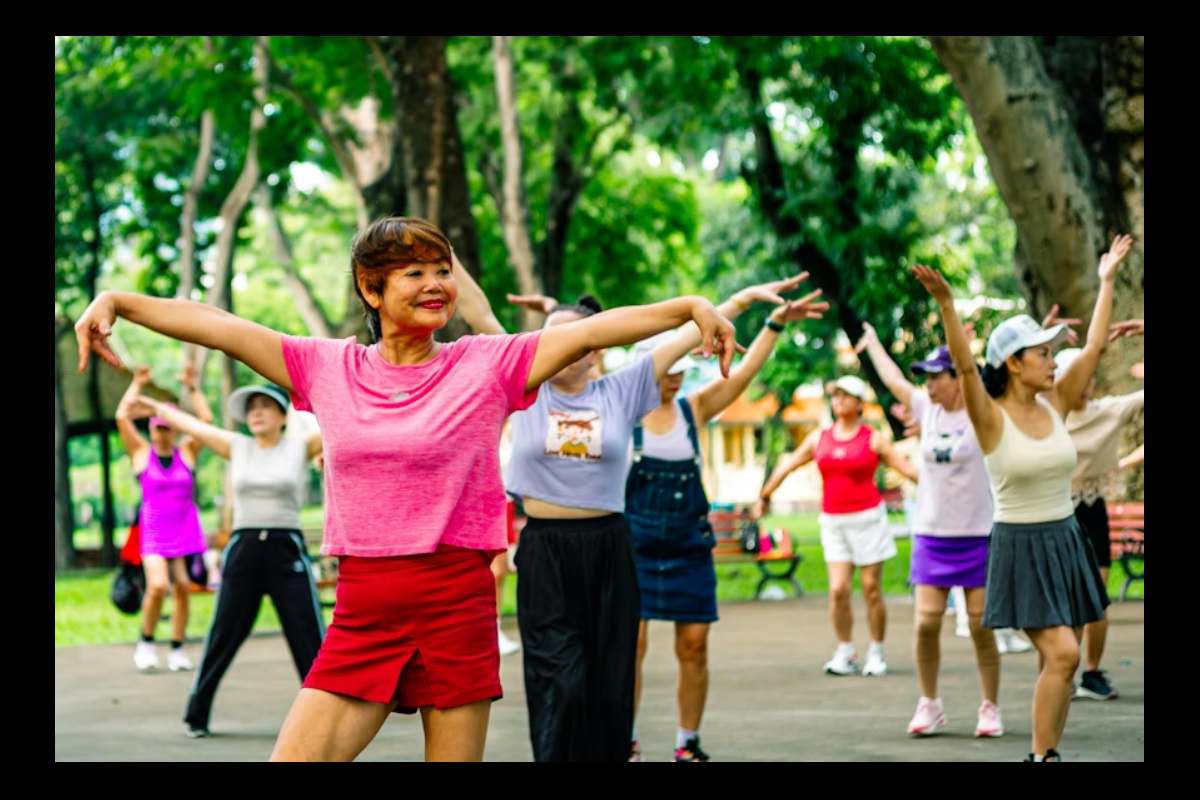Maintaining balance is something people hardly bother about when they are young, but things change over the years. Changes in muscle strength, joint flexibility, sensory perception, and overall physical health can make balance more challenging. The biggest concern about balance issues is the risk of falls.
HealthinAging.org notes that falls related to balance problems are noticeable in adults over age 65. Statistically, one-third of people in this age group and over half of individuals over the age of 75 years sustain a fall each year. Both men and women experience them equally.
However, seniors can significantly improve their stability with targeted strategies and consistent practice. This enables them to reduce the risk of falls and maintain independence over their golden years. We will explain a few practical tips to maintain balance as a senior.
Keep Your Weight in Check
Weight management plays a pivotal role in balance and mobility among seniors. Excess body weight translates into additional strain on joints, muscles, and the cardiovascular system. These factors affect stability and increase the risk of falls. Additionally, being overweight increases the risk of several chronic conditions for aging adults.
According to Medical News Today, nutritional factors, health conditions, and mobility challenges make weight management complex for seniors. However, they can work with a tailored plan with the right diet and exercises to get measurable results.
A balanced diet is non-negotiable. Portion control and mindful eating matter, and so does staying hydrated throughout the day. Regular monitoring of weight and consulting with healthcare professionals can help seniors maintain a healthy weight for better balance and mobility.
Adopt an Exercise Regimen
Besides supporting weight management, a well-rounded exercise routine can help aging adults maintain balance. Seniors should incorporate a mix of aerobic, strength, flexibility, and balance-specific exercises into their weekly schedule. Healthline has a list of the best ones they can try to maintain weight, mobility, and balance.
Brisk walking, swimming, or cycling are ideal aerobic workouts. Strength training exercises, like resistance bands or light weights, help build muscle mass and improve joint stability. Flexibility exercises, such as stretching or yoga, enhance range of motion and reduce stiffness. Balance-specific exercises, including tai chi, chair yoga, and dedicated balance drills, are particularly beneficial for seniors.
While performing these exercises, you must take a few precautions to avoid falls and injuries. For example, leaning on a wall or a chair for support is a good idea. Also, consult your doctor before starting any workout regimen. Working with a personal trainer will also get you better results.
Practice Balance Everyday
Practicing balance should not be confined to your exercise regimen; rather, it should be a part of your daily routine. You can practice simple balance moves while brushing your teeth, waiting in line, or doing household chores. For example, standing on one leg while holding onto a counter or shifting weight from one foot to the other while cooking can help build stability.
Understanding a few practical senior fall prevention tips will help you stay safe and feel confident at home and outside. Making your home safe with features like grab bars, ramps, and non-slip mats gives you a good start. With these safety essentials in place, practicing balance in your everyday life becomes easy.
Also, consistency is key when it comes to practicing balance and preventing falls. Aim to do balance exercises at least three times a week, gradually increasing the duration and difficulty. Also, be more vigilant and prioritize safety during daily tasks and activities.
Preserve Your Vision
Vision is a key component of balance and spatial orientation. However, seniors often encounter vision impairment as a part of aging or due to certain health complications. According to the World Health Organization, while vision loss impacts all age groups, people over fifty are most likely to suffer from vision impairment and blindness. Refractive errors and cataracts are common issues.
Age-related eyesight changes, such as reduced depth perception, decreased sensitivity to light, and impaired visual tracking, can affect balance and increase the risk of falls. Preserving your vision should be a priority as you grow older. A preventive approach with regular eye exams and updating prescriptions as needed goes a long way.
Wearing appropriate eyewear, including sunglasses when outdoors, can help reduce glare and safeguard vision. Good lighting throughout the home and minimizing trip hazards can also reduce risk as your vision declines with age.
Listen to Your Body
Aging brings changes in your body, and you should pay attention to physical cues. Responding to these cues can help maintain balance and prevent injuries. For example, you should be mindful of any dizziness, sudden changes in mobility, or unsteadiness and take a break when needed.
Also, know your triggers and find ways to deal with them. Staying hydrated and eating a balanced diet can help prevent dizziness and low blood pressure. Similarly, pay attention to the changes in your body when starting a new exercise routine. Every subtle cue must be taken seriously.
If experiencing frequent falls, sudden dizziness, numbness in the legs, or trouble with coordination, consult your healthcare professional. These can be signs of underlying health problems that require medical intervention.
The Takeaway
When people age, experiencing problems related to balance is common, and nothing to worry about (unless there is a medical problem). Seniors can improve their balance, mobility, and overall quality of life by adopting these simple measures. A proactive approach to health and safety is key to aging gracefully and staying independent over the years.



